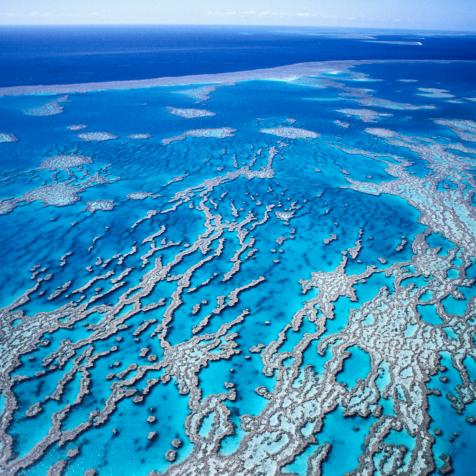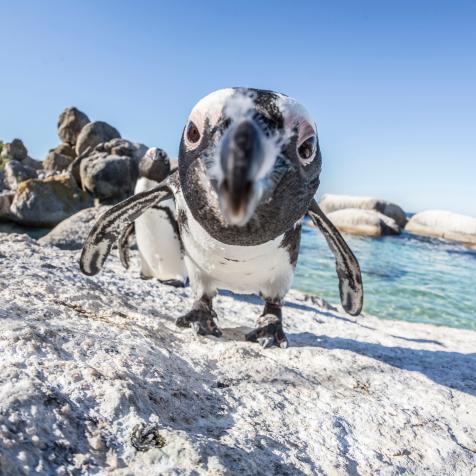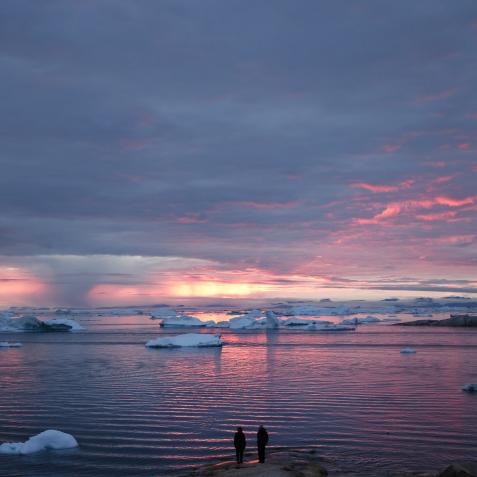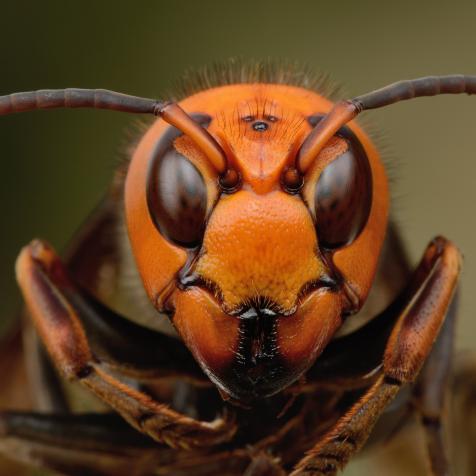
Kai Honkanen
New High Seas Treaty is a Game-Changer for Oceans
Nations are coming together to negotiate the world’s first ever high seas conservation treaty, which is expected to be signed later this year.
The treaty is being developed under the UN Convention on the Law of the Sea, which was adopted in 1982, initially to protect the seabed. It defines the rights and responsibilities of nations on how the oceans can be used, and, over the years, has established a number of protections on the world’s waters, including around shipping, the polar regions, and piracy.
Define "High Seas"

Christopher West
The “high seas” technically refers to the vast expanse of water that lies 200 nautical miles off the coast. They are areas classed as “beyond national jurisdiction”. However just 1% of these waters are protected, despite making up around two thirds of the world’s oceans. Climate change, overfishing, increased shipping, plastic pollution, and deep seabed mining are just some of the human-caused threats to the seas.
The need to protect the high seas is vital, considering the vast number of species it is home to – not to mention the 25% of carbon dioxide emotions the ocean absorbs. But the reason protection of the high seas is so lax is because there is no international framework. Although the UN’s convention specifies rules for the ocean’s resources, it does not lay out how countries should protect them, which is where the new treaty comes in.
"The policy opportunity this represents is much rarer than once in a lifetime," marine ecologist Douglas McCauley of the University of California, Santa Barbara, told Science Mag. Nations are asking ‘how we should protect two-thirds of the world's oceans’, [and] it's the first time in human history that this has ever been asked."
Sign on the Dotted Line

anucha sirivisansuwan
The treaty will be legally binding and a draft is expected to be ready by July 25, 2020. A number of scientists and environmental groups have been working to submit proposals to the UN, which is considering how best to enforce protection
“One by one we will eventually get there,” said Rena Lee, President of the Conference.
The UN has already held three rounds of negotiations over the past two years, but many issues remain unresolved, including how to assess environmental impacts, how marine resources can be shared among nations, and how management and conservation building can be maximized.
The treaty was due to be finalized in March, but meetings were postponed due to the COVID-19 pandemic.
“This is the first time that there’s been a treaty process devoted to marine biodiversity in the high seas and the first ocean treaty really to be negotiated in over 30 years,” says Peggy Kalas, Director of the High Seas Alliance, a coalition of more than 40 environmental nonprofits and the International Union for the Conservation of Nature, told The Revelator. “It’s a big deal, and it’s been a long time coming.”


















